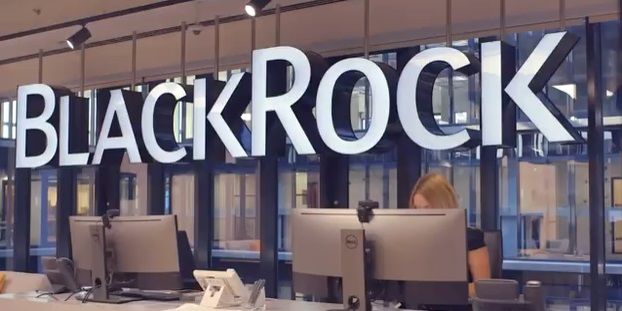BlackRock Targets Pension Funds in Growth Strategy for Brazil
BlackRock Inc., the world’s largest asset manager, is in talks with Brazilian pension funds to expand further into the 2.9 trillion-real ($510 billion) industry.
“Today, we don’t have a mandate to manage money from pension funds locally in Brazil,” Bruno Barino, who took over as BlackRock’s Brazil country manager in October, said in an interview. “But it’s a natural evolution; there is no way to be in this market and not do it.”
With $11.6 trillion in assets under management, BlackRock has a major stake in many of the 43 countries it has a presence in, Barino said. But Brazil is an exception. The former head of UBS Group AG’s multifamily office business in Brazil moved to BlackRock aiming to change that.
BlackRock inherited its Brazil operation when it bought a collection of exchange-traded funds and index mutual funds from Barclays Plc in 2009, and has since been focusing on those types of products locally. With a market share of about 38% of the 46 billion reais in ETFs in Brazil, BlackRock is in the process of launching two of those products, replicating structures the firm already has abroad. And it’s planning more ETFs for later this year.
The asset manager also has about $17 billion in assets under management from Brazilians investing abroad, a market that Barino estimates at about $300 billion.
“For a long time, BlackRock has been focusing only in those two market segments,” the executive said. “But we can’t generate enough growth only with offshore funds and ETFs.”
Barino said he’s already in talks with pension funds, and to serve them he’s considering hiring some fund managers in Brazil. For now, he said he can provide the service with the firm’s current employees and using Aladdin, a technology platform that unifies investment-management processes and has risk-management tools.
Because BlackRock has only a small slice of Brazil’s $1.7 trillion investment industry, it doesn’t need the market to grow to gain market share. And its services can help investors reduce costs, according to Barino. Many pension funds in the nation employ their own fund managers, while others use management services from third parties for at least part of their portfolios.
BlackRock also has an advisory service for investments offshore that “gained a lot of traction, especially among pension funds and institutional clients, in a year like 2024 in which the thesis of geographic diversification proved necessary,” Barino said, adding that the firm is considering whether to bring this advisory service to the local market.
Another potential channel for expansion at BlackRock is a product that helps registered investment advisers manage their own business at lower costs. It’s coming in handy now because, since November, new rules in Brazil force advisers to show clearly to individual investors how much in fees they’re paying for each product.
With about 28 employees in Brazil, Barino is also considering acquisitions to expand the business quickly.
He said the firm has been focusing a lot on Mexico since it acquired Citigroup Inc.’s asset-management business in the country in 2018. Now that that integration is complete, Barino said, “it’s time to unlock Brazil.”
Read more @msn











